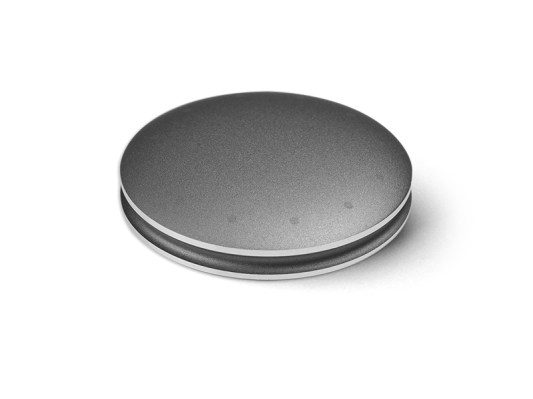Wearable device maker and health and fitness platform provider Misfit has raised an additional $40 million in a Series C funding round led by GGV Capital and including Xiaomi, JD.com (online retailer with massive reach), Shunwei and existing investors, including Horizons Ventures, Khosla Ventures, Founders Fund and Northwest Venture Partners. The new funding brings Xiaomi and JD.com on board as strategic partners, which reflects a deepening of Misfit’s commitment to the wearables market in China, which currently drives about a third of its total business, according to Misfit CEO and founder Sonny Vu.
“To us, [China] is probably our favorite market,” he said in an interview. “It’s a vastly larger market, even when you take into consideration income differences and what not. They have 1.7 or 1.8 billion people, and it’s a super important market for us. China’s always been a very strategic market for us, because we got there early.”
Xiaomi’s investment in Misfit is its first in a U.S.-based company, and the four-year-old smartphone industry titan seems to recognize the value of having Misfit on board as a partner, despite the fact that it already markets its own wearable devices, including the $13 Mi Band. Vu says that there’s plenty of room on the market for both types of devices, and that discount offerings like those actually spur sales of more premium hardware like the Misfit Shine.
“The person who buys the $13 band is very different from the person who buys the $100 Shine,” he explained. “The day that they announced the $13 band, was the largest single sales day for us at Misfit. If it were lightbulbs or tablets, then price probably is incredibly important. I’m not saying price isn’t important, but when it comes to wearables, fashion, design, brand and experience are more significant factors.”
As for this round, Vu says that Misfit actually didn’t need the money. The $15 million from their previous raise is still in the bank, he told me, and Misfit is actually break-even thanks to its hardware sales. The whole company is designed to be more self-sustaining and less dependent on outside funding than most, Vu says, because of his experience running previous startups that ran out of cash, which led him to take steps Misfit could build its long-term vision (which goes way beyond wearable hardware, he says) without worrying about running out of runway. This round, then, was less about capital and more about securing key partnerships.
“This whole thing with Xiaomi and JD.com was basically done so that we can really amplify our presence in China, and also to accelerate product development,” Vu said. “We only have 40 people in San Francisco, so there’s only so much we can do every year, and having a partner like Xiaomi who really knows how to scale and get to production quickly, and not just them but the company’s they’re invested in, that’s kind of a big deal for us.”
The deal will also see GGV managing partner and Xiaomi investor Hans Tung join the Misfit board of directors, and Shunwei founding partner Tuk Koh will also join as board observer. Capitalizing on market potential internationally could help Misfit continue to work on long-term strategy, while others flounder in the still nascent (and largely unproven) wearables market back in North America.
